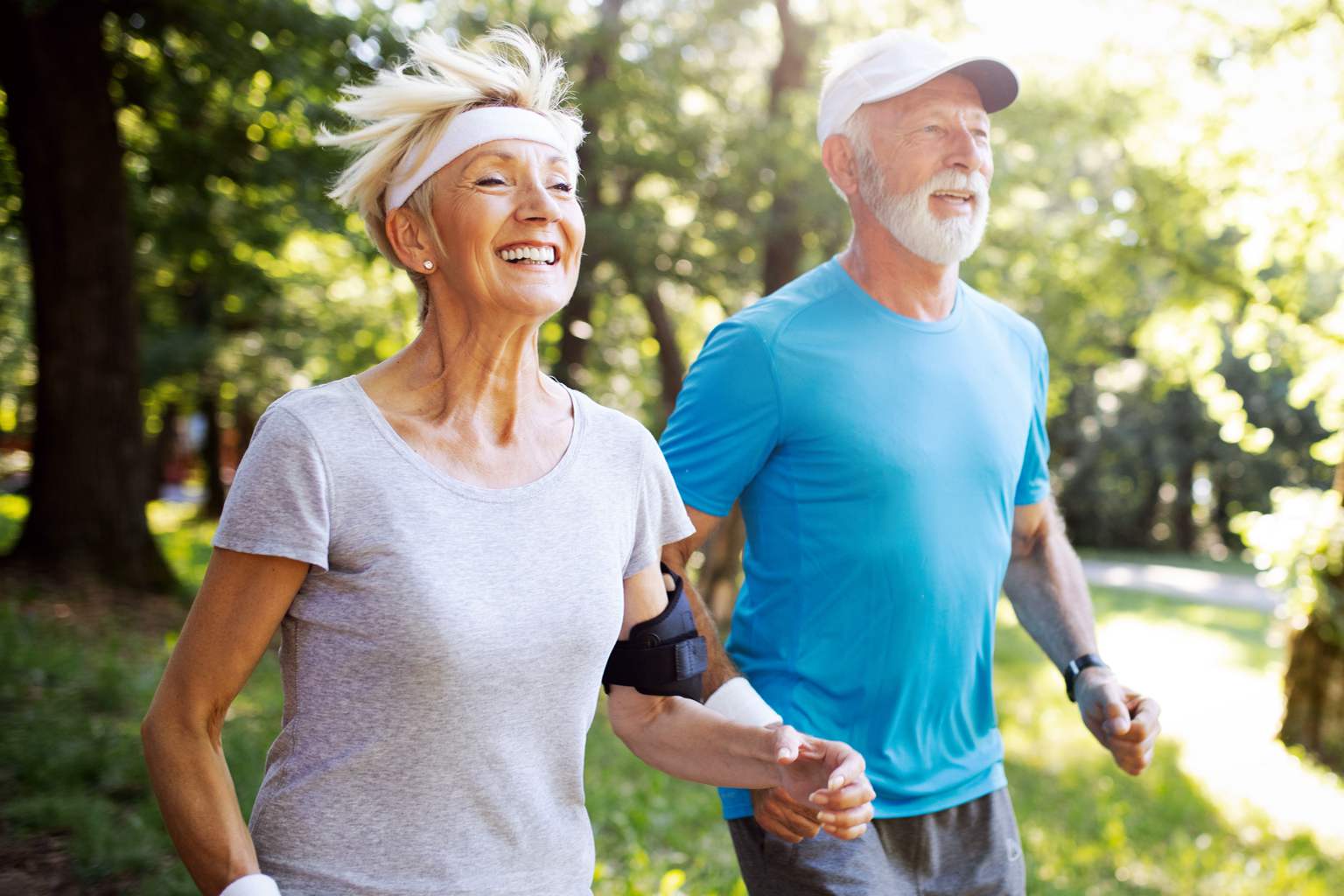Aging is something we all face, but what if changing a few simple habits could help you slow down its effects? Imagine feeling stronger, sharper, and more vibrant well into your later years. While aging is a natural part of life, science shows that the lifestyle choices you make can either speed it up or slow it down.
Let’s dive into what really causes aging, how your brain and emotions play a role, and the practical steps you can take to age with grace and health.
Understanding the biology and lifestyle causes of aging
From the moment we’re born, the clock of aging starts ticking quietly inside our cells. Although aging is a natural process, its noticeable impact usually kicks in during adulthood. Our bodies continuously repair and renew themselves through cell division, but this process becomes less effective with time. Cells divide more slowly, hormones like estrogen and testosterone drop, and key organs don’t work as efficiently.
This biological decline is unavoidable, but your habits can significantly influence how quickly or slowly these changes take place. For example, exposure to harmful substances such as cigarette smoke, excessive alcohol, or too much sun can accelerate aging, even causing it to happen prematurely.
Beyond the physical body, aging touches our brain too. Our mental agility, memory, and emotional resilience can all be affected. But here’s the good news — not all aging brains are equal, and your lifestyle makes the difference.
The link between brain health, emotions, and longevity
Our brain’s ability to resist decline — known as cognitive reserve — is shaped by lifelong experiences, continuous learning, and emotional well-being. Think of it like a savings account of mental strength you build over your lifetime. But factors like loneliness, chronic stress, or depression can drain that reserve faster, increasing the risk of serious conditions like dementia.
Social connections are surprisingly powerful. Maintaining an active network of friends and family doesn’t just add joy to life — it actually helps your brain age more gracefully. Alexandre Naud, a researcher highlighted in 2022, pointed out that seniors with rich social lives tend to experience better emotional well-being and easier aging.
On a personal note, I’ve seen this in my own family. My grandmother, who regularly hosts family dinners and stays active in her book club, remains sharp and lively. In contrast, an older relative who became isolated struggled much earlier with memory and mood issues. This experience made me realize how important it is to nurture relationships and stay socially engaged as we grow older.
Simple steps to promote healthy aging every day
Slowing the clock on aging doesn’t require expensive treatments or complex routines—it starts with accessible, everyday habits. First, take care of your body. As we age, muscles weaken and bones lose density, but regular physical activity can counteract this decline. Just 30 minutes of walking or light resistance exercises daily can protect your heart, maintain muscle strength, and even boost brain health.
Nutrition also plays a huge role. Favor balanced meals rich in protein and antioxidants—think fresh vegetables, lean meats, nuts, and fruits. These foods help combat oxidative stress, a key driver of aging at the cellular level.
Stress management is just as important. Long-term stress can wear down both body and mind, so find what calms you—whether it’s meditation, yoga, or simply spending time with loved ones. Strengthening your social bonds and learning to relax are powerful tools in your anti-aging arsenal.
Finally, embrace new experiences. Retirement or downsizing doesn’t mean slowing down; it means opening doors to new hobbies, challenges, and social groups. Building fresh memories and connections keeps the brain vibrant and life exciting.
If you ever find yourself wondering what it truly means to age well, take a moment to think about your own habits. Have you nurtured your mind and body with kindness? What changes could make a difference today?
The journey of aging is personal and unique for each of us. Tell us in the comments: what habits have helped you or someone you know stay youthful inside and out? And if you found this useful, share it with friends who might want to take control of their own aging story. Let’s start these conversations and grow stronger together.
